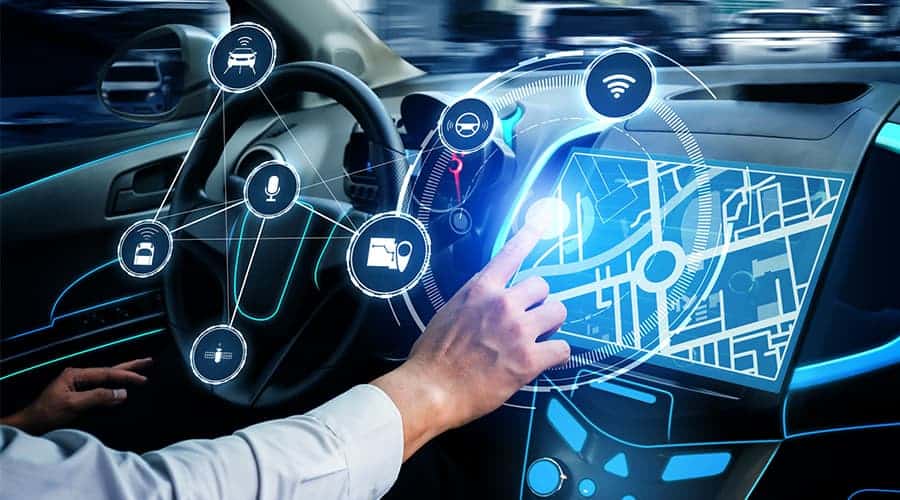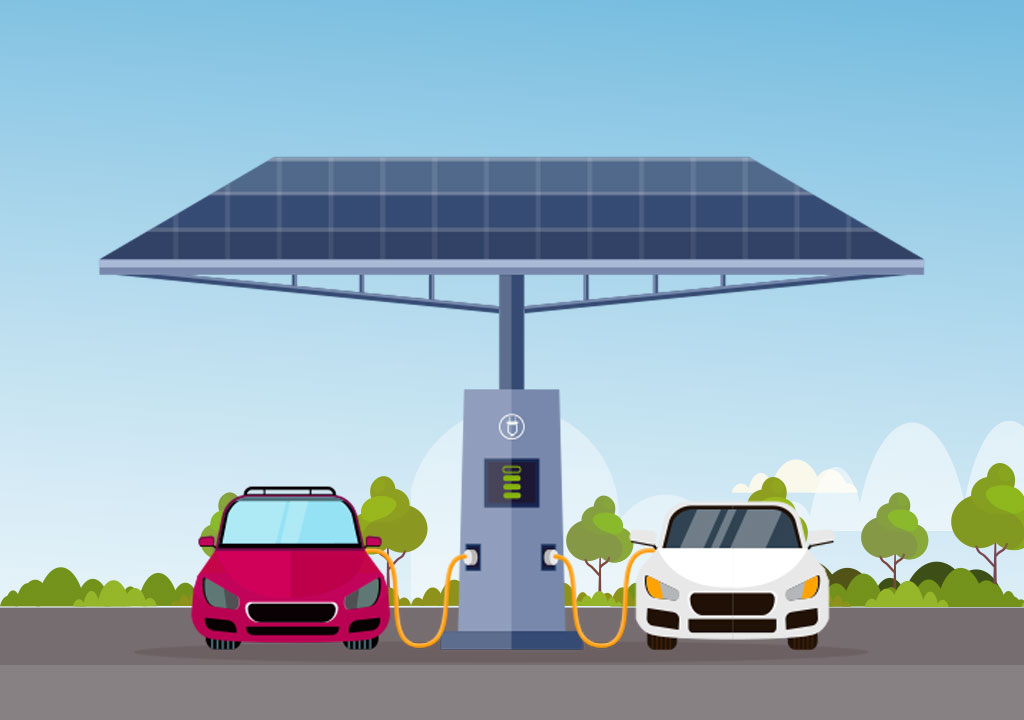In an ever-evolving world, the automotive industry continues to push the boundaries of innovation. From electric vehicles (EVs) to autonomous driving and sustainable materials, the car industry is experiencing a transformation like never before. In this blog post, we’ll explore some of the most exciting innovations in the automotive sector, giving you a glimpse of what’s driving the future of transportation.
Electric Vehicles (EVs): The Road to Sustainability
One of the most significant shifts in the automotive industry is the widespread adoption of electric vehicles. EVs are more than just a trend; they represent a critical step towards a more sustainable and environmentally friendly future. With advancements in battery technology, charging infrastructure, and consumer demand, EVs are no longer a niche market but a mainstream choice for many car buyers.
Battery technology has improved dramatically, resulting in longer driving ranges and faster charging times. Gone are the days of worrying about running out of power before reaching your destination. Today’s EVs can travel hundreds of miles on a single charge and can be charged quickly at home or at an increasing number of public charging stations.
Automakers are also investing heavily in developing diverse EV models to cater to different consumer needs. From compact electric cars for city commuting to spacious electric SUVs for families, there’s an EV option for everyone. Additionally, luxury car brands have joined the EV revolution, offering high-end electric vehicles that combine performance with eco-friendliness.
Furthermore, governments around the world are incentivizing the transition to electric vehicles through subsidies and tax benefits. These incentives not only make EVs more affordable but also encourage the reduction of greenhouse gas emissions, ultimately contributing to a greener planet.
Autonomous Driving: The Future of Safety and Convenience
Autonomous driving technology is another groundbreaking innovation that is set to transform the way we drive. Self-driving cars are no longer a concept limited to science fiction; they are becoming a reality on our roads.
Autonomous vehicles use a combination of sensors, cameras, radar, and advanced software algorithms to navigate and make decisions. They can detect obstacles, pedestrians, and other vehicles, making driving safer by reducing the risk of human error. Additionally, autonomous cars have the potential to ease traffic congestion and make commuting more efficient by optimizing routes and traffic flow.
Companies like Tesla, Waymo, and traditional automakers are actively developing and testing autonomous vehicles. While fully autonomous cars are not yet available for consumers to purchase, many modern vehicles are equipped with advanced driver-assistance systems (ADAS). These systems offer features like adaptive cruise control, lane-keeping assist, and automated parking, making driving more comfortable and less stressful.
As autonomous technology continues to evolve and gain public acceptance, it has the potential to revolutionize not only personal transportation but also industries like ride-sharing and logistics. Imagine a future where you can summon a self-driving taxi or receive goods delivered to your doorstep by autonomous delivery vehicles.
Sustainable Materials: Building the Eco-Friendly Car
In addition to the propulsion system and technology, automakers are also innovating in the materials they use to build cars. Sustainability is a top priority, and companies are exploring eco-friendly alternatives to traditional materials.
For instance, lightweight materials like carbon fiber and aluminum are being used to reduce a vehicle’s weight, improving fuel efficiency and reducing emissions. Recycled and bio-based materials are finding their way into car interiors, reducing the environmental impact of manufacturing.
Furthermore, some car manufacturers are experimenting with 3D printing technology to create vehicle components. This not only reduces waste but also allows for more intricate and lightweight designs.
The push for sustainability goes beyond the manufacturing process. Many automakers are committed to reducing their carbon footprint by implementing eco-friendly practices in their supply chains and operations. Additionally, some companies are exploring closed-loop recycling systems, where end-of-life vehicles are disassembled and their components and materials are reused or recycled.
The Future is Here
In conclusion, the automotive industry is experiencing a revolution of unprecedented scale. Electric vehicles are reshaping the way we power our cars, making them more sustainable and efficient. Autonomous driving technology promises safer and more convenient transportation. Sustainable materials are reducing the environmental impact of car manufacturing and ownership.
As we look ahead, it’s clear that the future of the car industry is bright, and the possibilities are limitless. From reducing emissions and congestion to improving safety and sustainability, these innovations are not only changing the way we drive but also making the world a better place—one innovative vehicle at a time. So, keep your eyes on the road because the journey ahead is bound to be thrilling, sustainable, and full of technological wonders.





